(ECNS) -- China is gearing up for another significant step in its space exploration, announcing the scheduled launch of the Shenzhou-18 mission at 8:59 p.m. Beijing time on Thursday from Jiuquan Satellite Launch Center.
The mission will carry a trio of astronauts -- Ye Guangfu, Li Cong, and Li Guangsu --into space, according to the Engineering Office of the China Manned Space Agency.
Commander Ye, a veteran from the second batch of China’s astronauts, will lead the mission. He will be joined by the two others, both younger astronauts from the third batch, all born in the 1980s.
During their stay at the space station, the Shenzhou-18 crew will conduct over 90 scientific experiments, including in-orbit research on aquatic space ecosystems and plant stem cell functions.
China designated April 24 as the "Space Day of China" in 2016 to mark the launch of its first satellite "Dongfanghong1" on April 24, 1970.
This launch made China the fifth country to independently launch a satellite.
China has made steadfast efforts to boost its aerospace development.
In 2003, the Shenzhou-5 mission, piloted by astronaut Yang Liwei, marked the beginning of China’s manned space exploration.
Lunar exploration was initiated with the launch of Chang’e 1 in 2007, which successfully orbited the moon. Chang’e 5 successfully returned lunar samples to Earth in 2020, making China the third country to accomplish this feat.
After launching its first space lab Tiangong-1 in 2011, China continued to expand its space station program.
Since the launch of the Tianhe core module in late April 2021, China has completed the comprehensive construction of its space station in less than 20 months.
The Shenzhou-12 crew represented the first Chinese astronauts to enter their own space station, followed by the Shenzhou-13 crew, who completed a six-month space residency.
The “space home,” from its initial planning, has gradually become a reality, increasingly intelligent and comfortable.
In 2021, China’s Tianwen-1 mission achieved a significant milestone by deploying the Zhurong rover on Mars, making China the second country to land and operate a rover on Mars. This achievement shows China's prowess in interplanetary exploration.








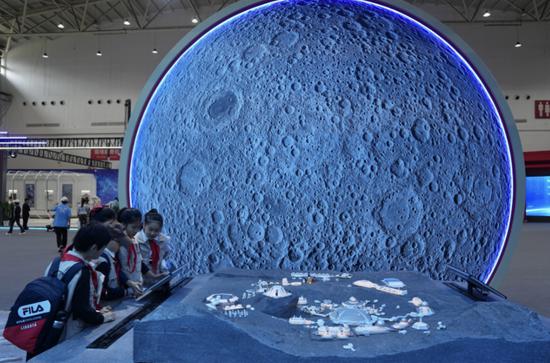





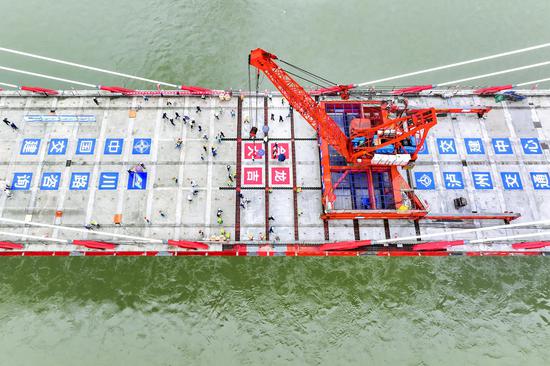

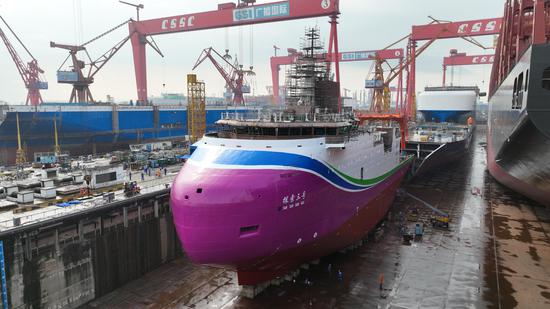






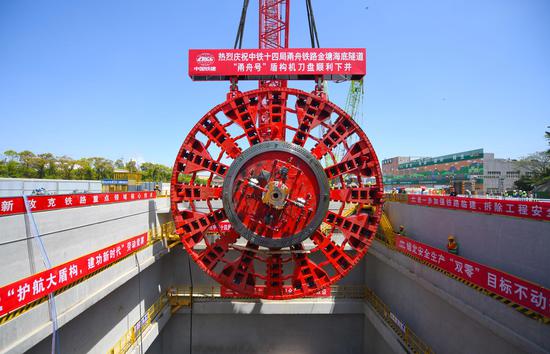








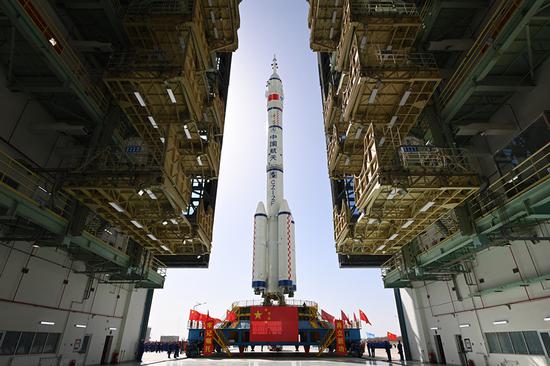

















 京公网安备 11010202009201号
京公网安备 11010202009201号